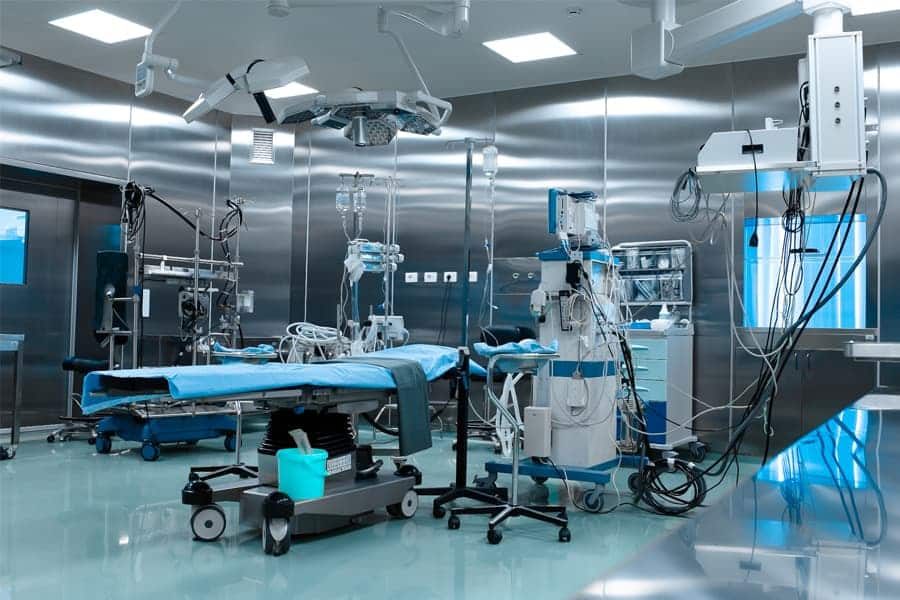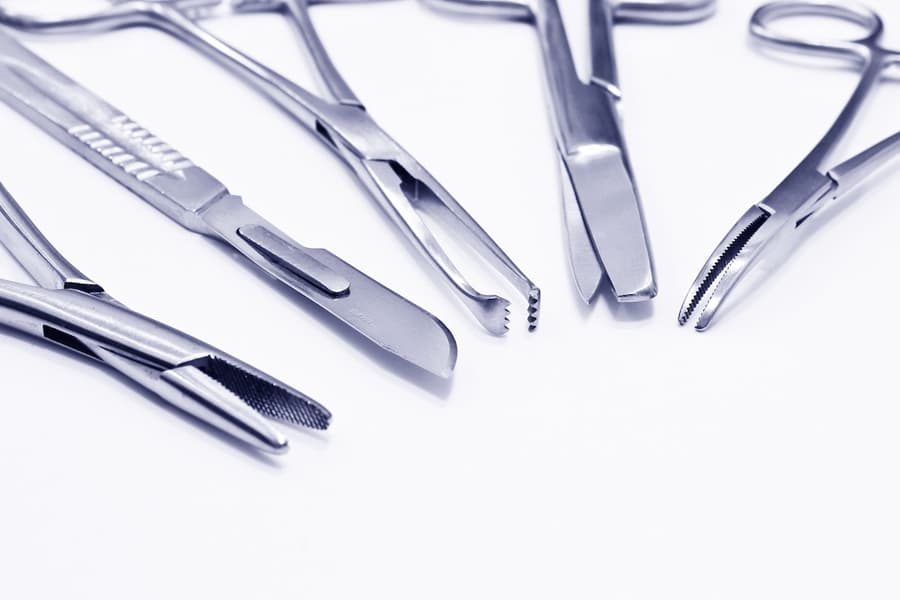The medical industry has very specific requirements for the materials used to make tools, equipment, storage, tubing, and other components that help physicians and other medical professionals keep patients healthy. There are many options when it comes to production tools and medical equipment. Hospitals around the world mostly prefer medical-grade stainless steel due to its special properties. From critical surgeries, and biomedical implants to surgical procedures, stainless steel plays a significant role in the medical industry. The importance of this application requires these steels and their compounds to be highly safe in the human body and highly resistant to the high levels of strong acids involved in cleaning and disinfection.
Key Properties of Stainless Steel
Few materials meet the demands of medical procedures as perfectly as stainless steel. Its corrosion resistance ensures that it can be used safely in sensitive operations and processes, while also helping to create durable, long-lasting tools and equipment. The ability to withstand extreme temperatures also means stainless steel is easy to sterilize and can be used in a variety of environments. Finally, its smooth surface and ease of cleaning make it the perfect material for everything from plumbing and tools to storage and bed construction.

Common uses of stainless steel in the medical industry
- Wheelchairs and walkers
- IV stands
- Surgical equipment such as scalpels, clamps, curettes, and spreaders
- Orthopedic implants
- Artificial heart valves
- Bone fixation equipment, screws, and plates
- Chemical containers and Hazardous waste containers
- Prostheses
- Specialty guide wires
- Medical needles and syringes
- Sinks, bowls, countertops, tool carts, trays
- Medical beds
- Sensor probes
- Catheters
- Precision tubing

Reasons why stainless steel is suitable for the medical industry
- Self-healing
- Can be formed into virtually any shape, size, and type of surface
- Highest cleanliness
- Long-lasting beauty, resistant to scratches and stains
- Unmatched structural strength and durability
- Higher impact resistance than other solid surfaces
- High corrosion resistance
- More hygienic and easier to clean than other solid surfaces
- Provide the most cost-effective long-term value
- Recyclable and ready to use
